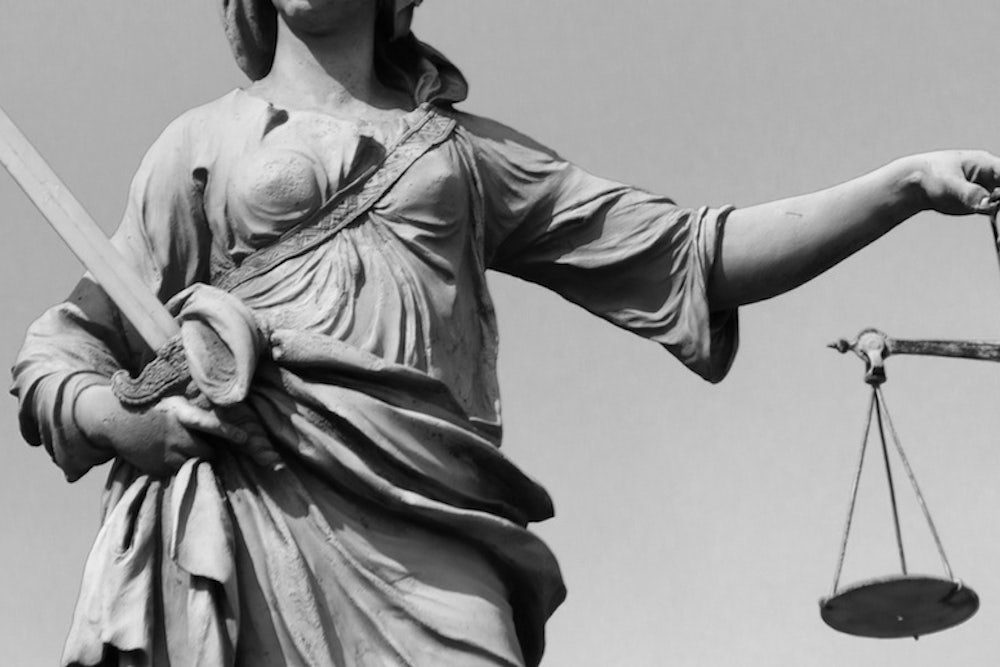After a summer that featured multiple stories of wrongful or apparently wrongful police killings, it's natural that many people think that body cameras and other forms of surveillance for cops are a good idea. Video, after all, is objective in a way that eyewitness accounts might not be. A new study in the Journal of Experimental Psychology: General, though, chips away at this notion — in certain cases, it suggests, paying close attention to video of a violent incident may actually exacerbate the biases that prevent us from making fair decisions about crime and punishment.
The research, conducted by psychologists at New York University and Yale, involved two studies in which participants were asked to watch video of violent incidents (some from actual police encounters, one a staged fight participants were told took place in the lab) while their eye movements were surreptitiously recorded by gaze-tracking equipment, and then to answer questions about who should be punished, and how severely.
The most notable results involved footage of an incident between a police officer and a civilian in which wrongdoing on the officer's part was ambiguous (as rated by a bunch of previous viewers of the clip). The study participants were asked beforehand to rate to what extent they identified with the police. Among those who didn't identify with the police, the more their gaze focused on the cop during the altercation, and the longer their gaze lingered, the more likely they were to call for the officer to be punished.
Overall, in this experiment there was no correlation between the extent to which viewers focused on the cop and how likely they were to vote to punish the cop — that relationship only held with those who had reported they don't identify with the police. So one possible takeaway here — and this is just one experiment in a lab setting, of course — is that in situations in which the nature of an incident isn't clear, video involving a member of a group you're biased against may only exacerbate that bias.
Or, as the researchers put it:
In the legal system, citizens serve as arbiters of justice. They are presented with evidence upon which they must make objective decisions. This work suggests that people watch, remember, interpret, and offer conclusions on the basis of that evidence in fundamentally different ways. Further, the more intently people look at evidence presented, the less they may see it in similar, objective ways. Our conclusions suggest that true justice may actually need to be “blind.”
